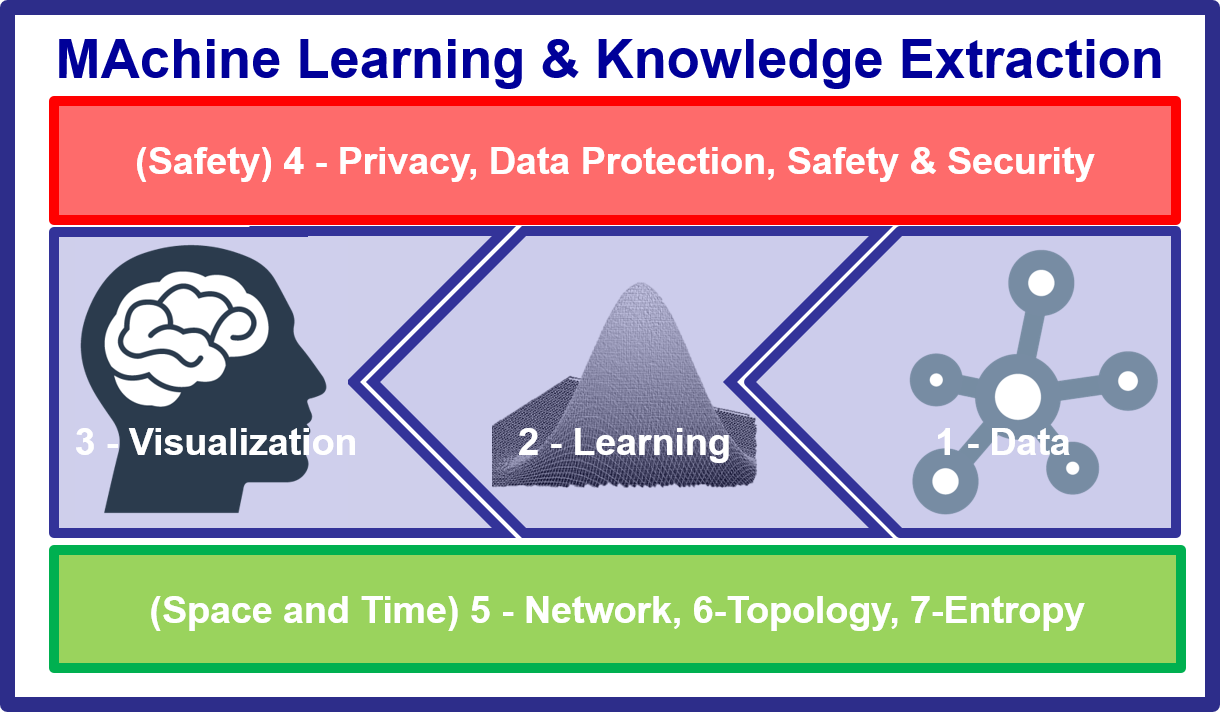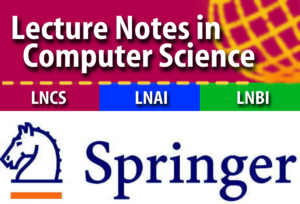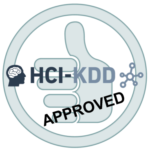International IFIP Cross Domain Conference for Machine Learning & Knowledge Extraction CD-MAKE
in Hamburg, August 27 – 30, 2018
Submissions due to May 7, 2018.
Springer LNCS camera ready deadline (hard) June, 27, 2018
CD-MAKE 2018 call for papers (pdf): CD-MAKE 2018
CD-MAKE is a joint effort of IFIP TC 5 (Information Technology Applications), TC 12 (Artificial Intelligence), IFIP WG 8.4 (E-Business: Multi-disciplinary research and practice), IFIP WG 8.9 (Enterprise Information Systems) and IFIP WG 12.9 (Computational Intelligence) and is held in conjunction with the International Conference on Availability, Reliability and Security (ARES).
Motto of CD-MAKE: Augmenting Human Intelligence with Artificial Intelligence
Goal of CD-MAKE: To act as a Catalyst to bring together researchers in an cross-disciplinary manner, to stimulate fresh ideas and to encourage multi-disciplinary problem solving in the area of AI and machine learning.
CD stands for Cross-Domain and means the integration and appraisal of seemingly disparate fields (e.g. algebraic topology, entropy, geometry, etc.) and different application domains (e.g. Health, Industry 4.0, AAL, etc.) to provide an atmosphere to foster different perspectives and opinions. The conference is dedicated to offer an international platform without any boundaries for novel ideas and a fresh look on the methodologies to put crazy ideas into Business for the benefit of society. Serendipity is a desired effect, and shall cross-fertilize methodologies and transfer of algorithmic developments.
MAKE stands for MAchine Learning & Knowledge Extraction.
Machine learning deals with understanding intelligence for the design and development of algorithms that can learn from data and improve over time. The original definition was “the artificial generation of knowledge from experience”. The challenge is to discover relevant structural patterns and/or temporal patterns (“knowledge”) in such data, which are often hidden and not accessible to a human. Today, machine learning is the fastest growing technical field, having many application domains, e.g. health, Industry 4.0, recommender systems, speech recognition, autonomous driving, etc. The challenge is in decision making under uncertainty, and probabilistic inference enormously influenced artificial intelligence and statistical learning. The inverse probability allows to infer unknowns, learn from data and make predictions to support decision making. Whether in social networks, recommender systems, health or Industry 4.0 applications, the increasingly complex data sets require efficient, useful and usable solutions for knowledge discovery and knowledge extraction.
A synergistic combination of methodologies and approaches of two domains offer ideal conditions towards unraveling these challenges and to foster new, efficient and user-friendly machine learning algorithms and knowledge extraction tools: Human-Computer Interaction (HCI) and Knowledge Discovery/Data Mining (KDD), aiming at augmenting human intelligence with computational intelligence and vice versa.
Consequently, successful Machine Learning & Knowledge extraction needs a concerted international effort without boundaries, supporting collaborative and integrative cross-disciplinary research between experts from diverse areas.
Papers are sought from the following seven topical areas (see image below) fostering an integrated machine learning approach. For an overview refer to the inaugural paper of the new Machine Learning & Knowledge Extraction (MAKE) journal:
Holzinger, A., 2017. Introduction to MAchine Learning & Knowledge Extraction (MAKE). Machine Learning and Knowledge Extraction, 1(1), p.1. Available at: http://dx.doi.org/10.3390/make1010001.
❶ DATA – Data science (data fusion, preprocessing, mapping, knowledge representation)
❷ LEARNING – Machine learning algorithms
❸ VISUALIZATION – and visual analytics
❹ PRIVACY – data protection, safety, security, ethics, acceptance and social issues of ML
❺ NETWORK – graphical models, graph-based ML
❻ TOPOLOGY – geometrical machine learning, topological data analysis
❼ ENTROPY – time and machine learning, entropy-based ML

Holzinger, A. 2017. Introduction to Machine Learning and Knowledge Extraction (MAKE). Machine Learning and Knowledge Extraction, 1, (1), 1-20, doi:10.3390/make1010001.
The goal of the CD-MAKE conference is to bring together researchers from these seven areas in an cross-disciplinary manner, to stimulate fresh ideas and to encourage multi-disciplinary problem solving.
Proposals for Workshops, Tutorials, Special Sessions, Industrial exhibitions welcome
(please consult Andreas Holzinger (a.holzinger AT hci-kdd.org) for questions).
2017 Accepted Papers have been published as Springer LNCS 104010 (16k downloads in six months)
https://link.springer.com/book/10.1007/978-3-319-66808-6

There are special issues and special collections planned in the Journal MAKE



